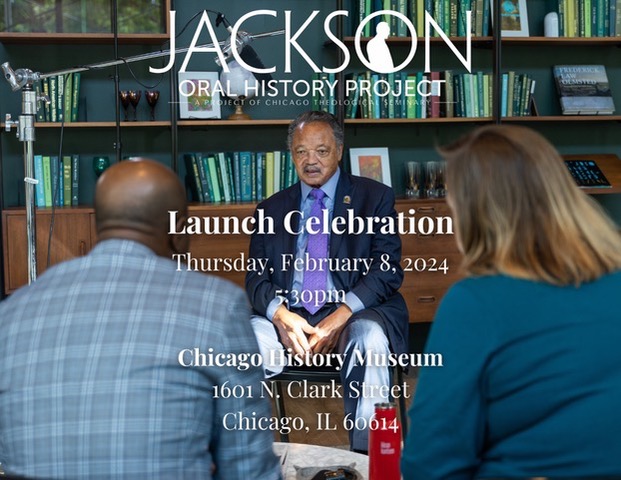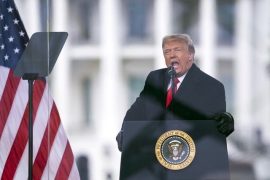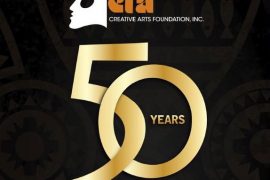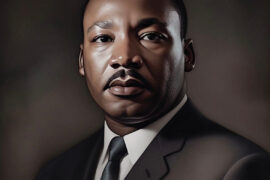On February 8, 2024, The Chicago Museum will raise the curtain on the “Jesse Jackson Oral History Project.”
Presented in partnership with the Chicago Theological Seminary, this program explores and celebrates the Jesse Jackson Oral History Project. Join us at CHM to preview recordings of Rev. Jesse Jackson and other civil rights activists who were part of the Chicago Breadbasket Movement and engage in conversation with several of the interviewees, including Rev. Jesse Jackson, Hermene Hartman, Rev. David Wallace, Rev. Dr. Janette C. Wilson, Rev. Martin L. Deppe, Mrs. Jacqueline Jackson, Betty Massoni, and more.
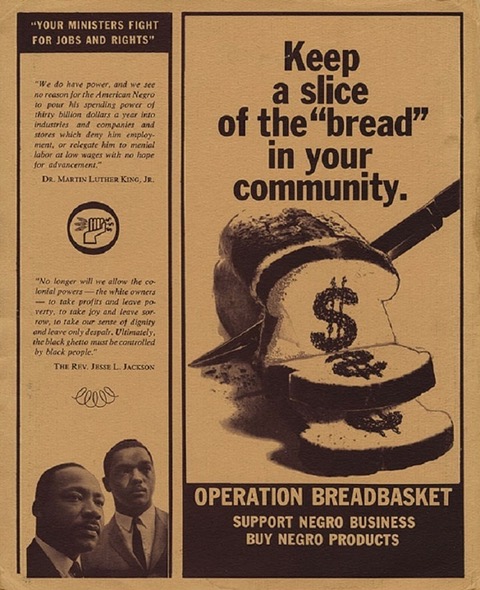
Dr. Martin Luther King, Jr. brought Operation Breadbasket to Chicago when he and the Southern Christian Leadership Conference in 1965, accepted the invitation of Chicago’s Coordinating Council of Community Organizations (CCCO). This initiated SCLC’s first northern urban movement. The Atlanta-based organization joined with the CCCO to form the Chicago Freedom Movement.
CCCO was a broad-based city-wide organization involving community organizations, labor bodies, religious groups and others with a secular outlook compared to the church-based SCLC. The Chicago group lived with distrust of Chicago pastors and their churches. They saw many coopted by the Cook County Democratic Organization, widely known as the Chicago Democrat Machine under control of Mayor Richard J. Daley.
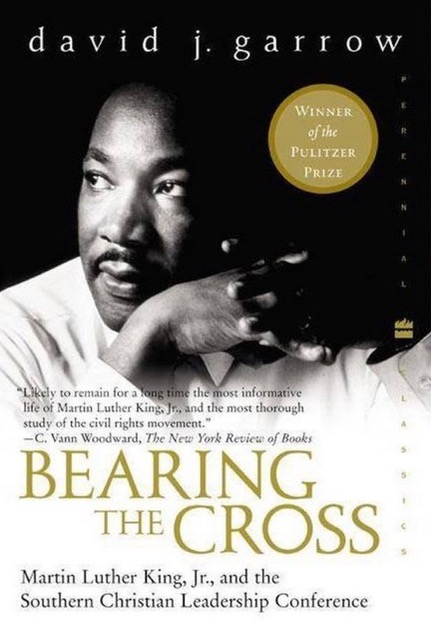
Dr. King had an answer for CCCO’s fears by introducing SCLC’s Operation Breadbasket, a pastor-based and operated program. By setting up the Southern-based program, Dr. King offered Chicago ministers a civil rights buy-in of their own, while the Chicago Freedom Movement conducted the main business in pursuit of civil rights and justice in the Windy City.
David J. Garrow, author of the Pulitzer Prize book, BEARING THE CROSS, described the “launching a new project called “Operation Breadbasket.”
This program sought better employment opportunities for Black workers at companies whose products were purchased by black consumers. If a company failed to hire Black employees and treat them fairly, Black consumers would take their business elsewhere. The original “selective patronage” idea had come from Philadelphia ministers Leon Sullivan, Alfred Dunston, and Joshua Licorish. In the fall of 1962, several Atlanta pastors active in SCLC’s local affiliate suggested that the organization apply this principle to Atlanta businesses so as to win better jobs for their parishioners. Reverend Sullivan was invited to Atlanta to explain the program. He told the ministers how to select target first, request statistics on Black employment from them, and recommend specific improvements to the companies if their opportunities for Blacks were inadequate. He also stressed that the ministers should ask their constituents to boycott the firm if those recommendations were not accepted….By early November, the Atlanta ministers, with Ralph Abernathy in the lead, had begun negotiations with two food- processing firms.
Bloody Sunday
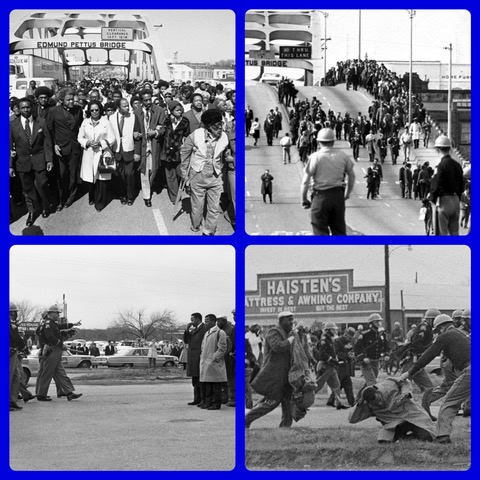
“Bloody Sunday” in Selma, Alabama in March 1965, was a catalytic event that set in motion many people and places. For example, Chicago Theological Seminary students joined thousands of Americans in converging upon Selma to support a march for voting rights. Chicago CCCO leaders turned to Dr. King and SCLC to infuse the Windy City’s civil rights movement with new energy. SCLC, itself, wanted opportunities to expand American minorities quest for justice.
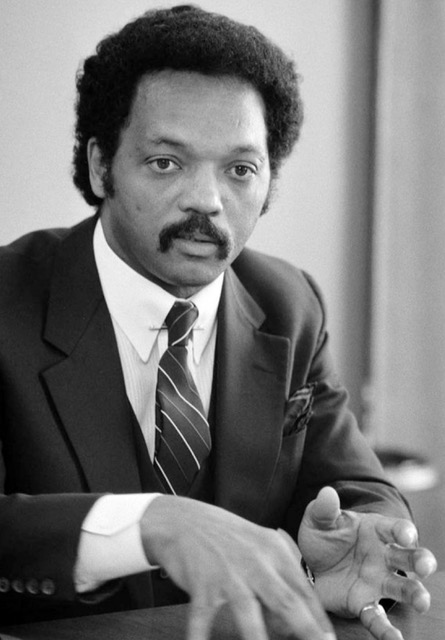
On the return road trip to Chicago, the CTS students, particularly Jesse Jackson, David Wallace and Gary Massoni, decided to get involved in civil rights in their home city. They had no idea what form that would take. However, Jesse began searching out Black churches as a friendly base of operations. By the time the CCCO issued its invitation to Dr. King later in the summer, Jesse was cultivating a relationship with Rev. Clay Evans, pastor of Fellowship Missionary Baptist Church. Not only was Reverend Evans a pastor, he was also President of a Baptist Ministers Conference, a collection of several pastors and their churches in a voluntary association. This was one of several ministers’ conferences in the Chicago metropolitan area.
Jesse had a keen mind for organizing. He used his contact with Dr. King from Selma to ask the SCLC leader to call Rev. Evans. It was a strategic move to invite Evans to join him in Chicago’s struggle. As Dr. King introduced Operation Breadbasket to the Chicago civil rights leaders, he had a body of pastors and their contacts across the city to build an Operation Breadbasket. At Jesse’s recommendation, Rev. Evans invited Dr. King and Dr. Ralph Abernathy to pitch the Operation Breadbasket idea to meetings of Chicago ministers. Jesse Jackson and David Wallace were dispatched to transport Dr. King and Dr. Abernathy from O’Hare Airport to and from the ministers’ meetings, using Evans Funeral Home limousine. Over the months the two were available and useful in early organizing among the ministers.
Once the ministers adopted Operation Breadbasket model as their project, CCCO leaders were satisfied that their fears of ministers selling out to the Machine were relieved. Next, SCLC needed leadership to work with the ministers. Dr. Alvin Pitcher, a University of Chicago professor and administrative assistant to CCCO leader, Al Raby, recommended two seminary students, Jesse and David, to organize Operation Breadbasket. Dr. Pitcher taught the two in his seminary classes and observed their training in community organizing through the Urban Training Center for Christian Mission. Dr. King noticed the students had the confidence of Rev. Evans and other ministers.
Formal meetings did not begin until winter of 1966. Additional meetings involving the Atlanta ministers and Chicago pastors took place at different churches to introduce more ministers across denominational and racial lines. Dr. Martin Luther King, Sr. (Daddy King) and Rev. Fred Bennett, Breadbasket staff from Atlanta, shared their stories and encouragement with the Chicago pastors. A wide variety of ministers bought into the Operation Breadbasket concept by the time operations began.
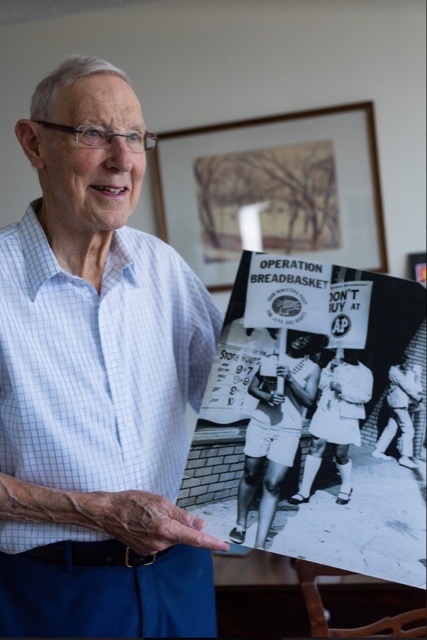
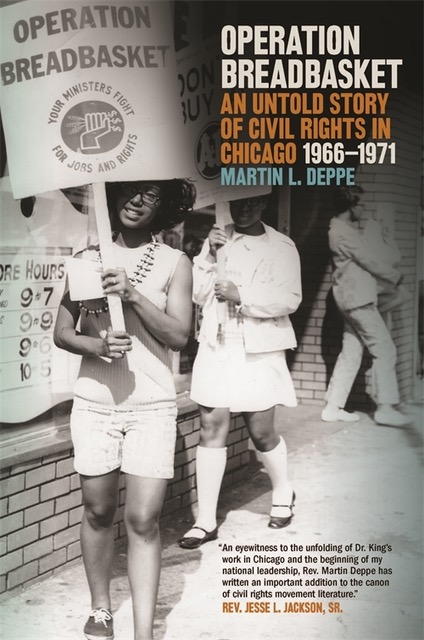
Rev. Martin Deppe, a white Methodist minister whose congregation changed from white to Black on the far south side of the city, captured the history of OPERATION BREADBASKET: AN UNTOLD STORY OF CIVIL RIGHTS IN CHICAGO 1966-1971.
Breadbasket pastors shared their camaraderie, encouragement, and fellowship in building Operation Breadbasket into an economic powerhouse and a strong unifying force throughout Chicago’s Black community and extending into suburban areas.
This marks the beginning of Rev. Jesse L. Jackson, Sr.’s journey from seminary student to international warrior over the next 50 years.
*Chicago History Museum, introductory paragraph to the Jesse Jackson Oral History Project, chicagohistory.org.
** David J. Garrow, BEARING THE CROSS: MARTIN LUTHER KING, JR., and the SOUTHERN CHRISTIAN LEADERSHIP CONFERENCE, 1986: Quill William Morrow, New York, 800 pages, quote on p. 223.


